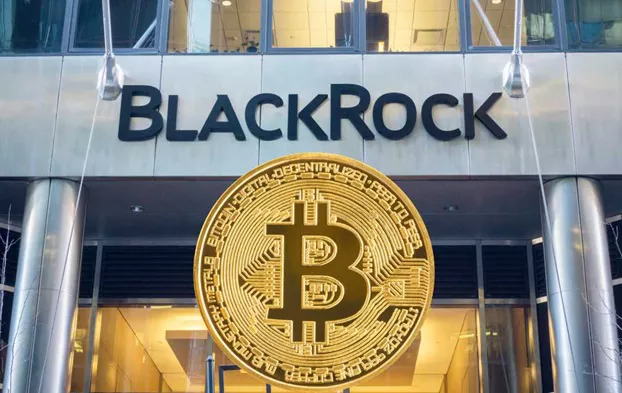BlackRock Inc. has recently demonstrated a notable increase in its price performance, achieving an impressive 81 Relative Strength (RS) Rating. This significant jump highlights BlackRock’s growing strength in the stock market relative to its peers. In this article, we will explore what the RS Rating represents, examine BlackRock’s performance metrics contributing to this achievement, and discuss the implications for investors.
Understanding the Relative Strength Rating
The Relative Strength (RS) Rating is a key metric used to assess a stock’s performance relative to other stocks in the market. An RS Rating of 81 indicates that the stock has outperformed 81% of other stocks, reflecting strong performance and investor confidence. This rating is part of the CAN SLIM investment strategy developed by William O’Neil, which aims to identify stocks with superior relative performance and potential for significant growth.
BlackRock’s Performance Metrics
BlackRock, a global leader in asset management, has shown strong performance metrics that have contributed to its rising RS Rating. Key factors include revenue growth, profit margins, earnings per share (EPS), and market leadership. BlackRock has demonstrated consistent revenue growth, driven by its diversified range of investment products and services. The company’s ability to adapt to market changes and capitalize on new opportunities is reflected in its revenue performance. Additionally, BlackRock’s profit margins have remained robust, indicating effective cost management and operational efficiency.
High profit margins are a positive indicator of the company’s financial health and its capacity to deliver substantial returns to shareholders. BlackRock’s EPS growth has been another critical factor in its rising RS Rating. Consistent EPS growth suggests that the company is effectively translating its revenue into profits, which is appealing to investors. As a leading player in the asset management industry, BlackRock’s significant market share underscores its competitive advantage and industry leadership, contributing to its strong performance rating.
Implications for Investors
The increase to an 81 RS Rating has several implications for investors. Firstly, investors are likely to view BlackRock as a strong performer in the stock market. A high RS Rating suggests that the stock has shown resilience and has consistently outperformed its peers, which can be a positive sign for future performance. Stocks with high RS Ratings are often seen as having strong growth potential, making BlackRock a promising investment opportunity given its track record and financial health.
Furthermore, a higher RS Rating can enhance market perception of BlackRock, attracting more attention from institutional and retail investors. This increased interest can lead to higher trading volumes and potentially drive up the stock’s value. For existing shareholders, this achievement may validate their investment decisions and encourage them to hold or increase their positions in the stock. For potential investors, it could serve as a signal to consider adding BlackRock to their portfolios.
Conclusion
BlackRock’s rise to an 81 Relative Strength Rating underscores its growing strength and competitive position in the asset management industry. This milestone reflects the company’s consistent revenue growth, strong profit margins, and robust earnings performance. For investors, BlackRock’s rising RS Rating is a positive indicator of its market strength and potential for future growth, making it a notable stock to watch in the evolving financial landscape.
Related Topics:

